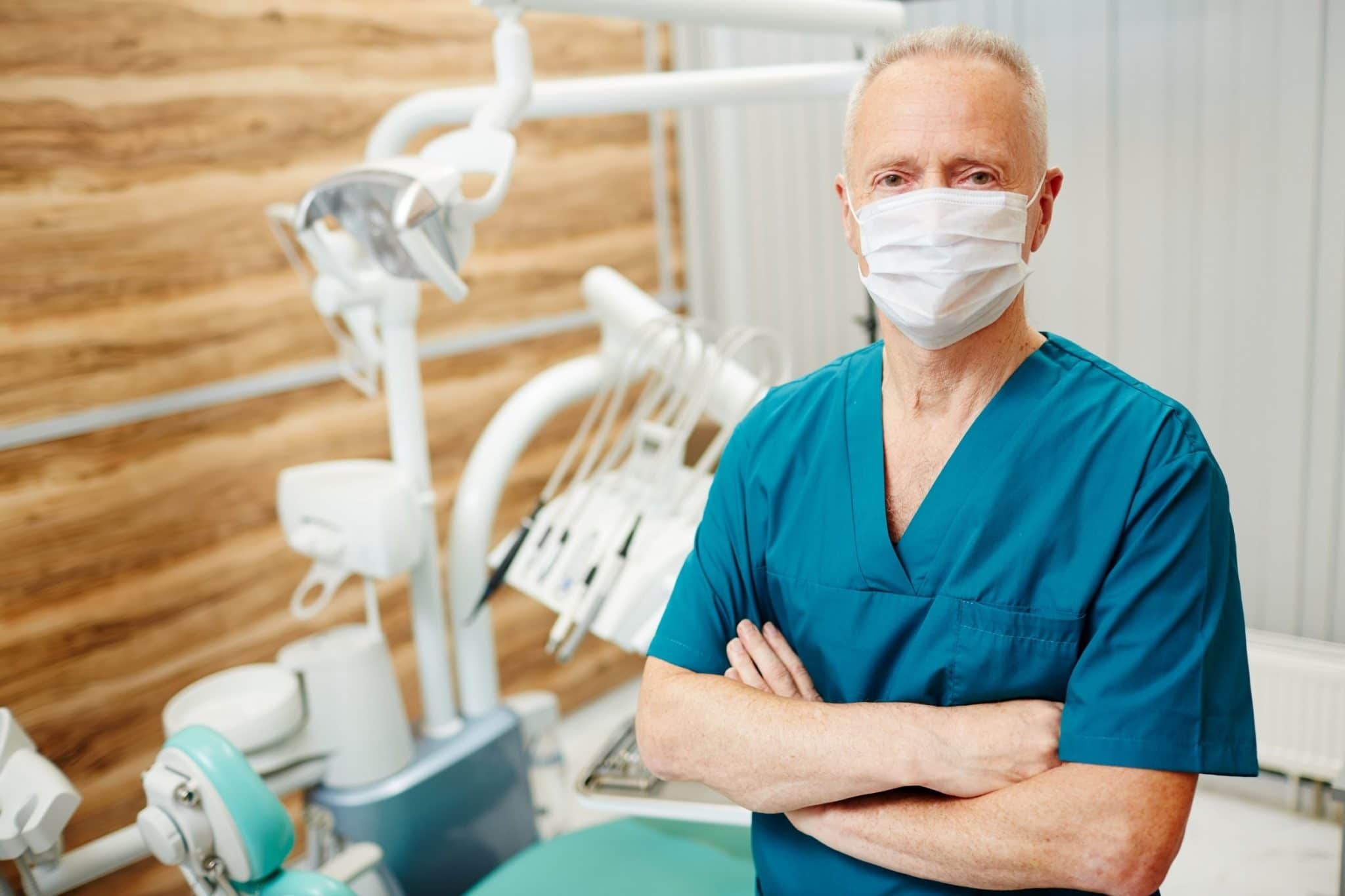Are you looking to hire an Oral and Maxillofacial Surgeon to join your company? Then you are in the right place. This Free Oral and Maxillofacial Surgeon Job Description Template includes a list of the most important responsibilities and requirements for this position.
We know it’s not that simple for everyone to write a good job description that will gain the attention of a lot of applicants, that is why we are here to help.
With our applicant tracking system, you can use this Oral and Maxillofacial Surgeon Job Description Template to attract qualified candidates, hire the employees you see fit, and save a lot of time.
This template is customizable, you can add any additional requirements or descriptions and post them to job posting sites.
Ready to hire? Let’s go! 🚀
What is an Oral and Maxillofacial Surgeon?
Oral and maxillofacial surgeons work in the healthcare industry, they treat a large range of conditions that affect the mouth, jaws, face, and neck.
Their duties include performing corrective procedures as well as therapeutic treatments and procedures on the jaws and mouths of their patients. They also usually work with other medical specialists, dentists, surgeons, and orthodontists.
The most suitable candidate for this position should demonstrate an ability to diagnose problems and know how to resolve them.
Try and look for candidates with previous experience, great attention to detail, and problem-solving skills.







